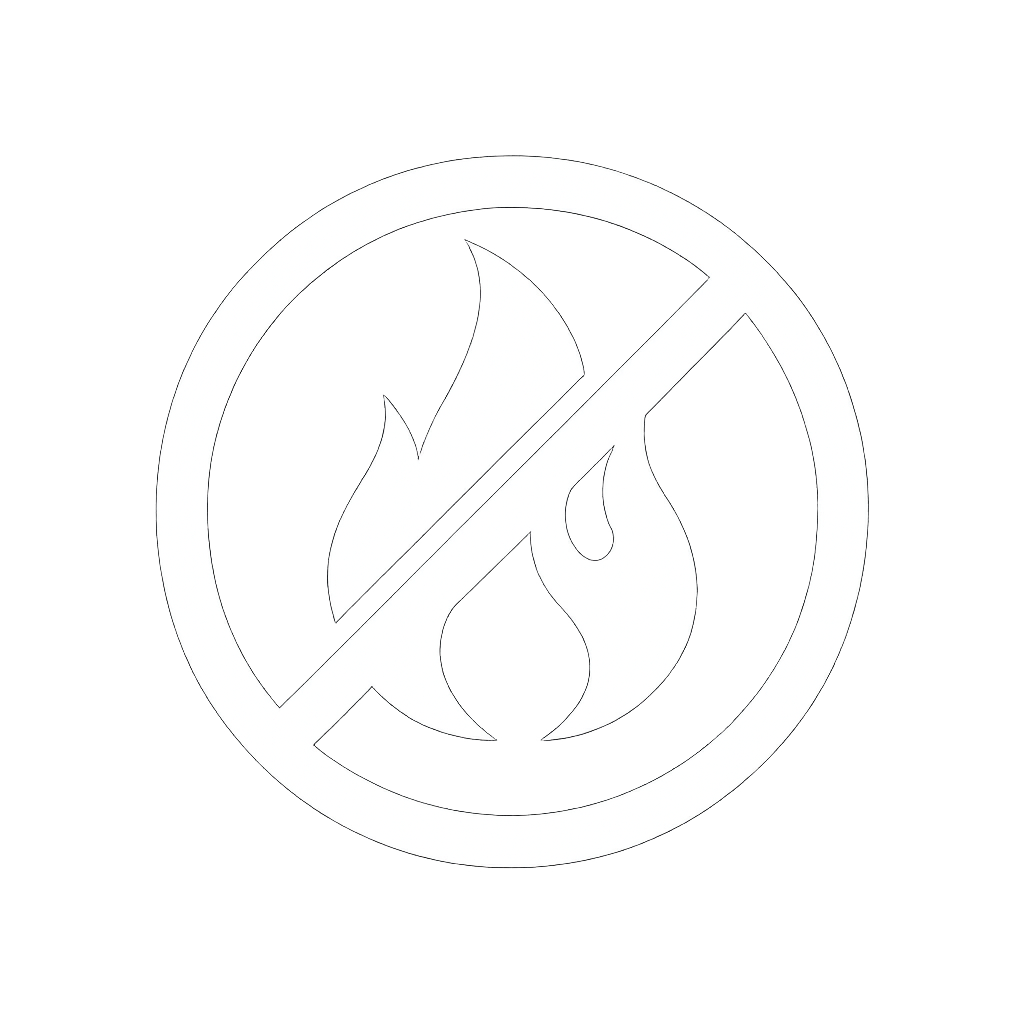SPOT THE MANIPULATION: FRIDAY - Weaponized Forgiveness – When “Let It Go” Means “Shut Up”
Forgiveness is beautiful when it’s genuine, chosen, and healing.
But when it’s demanded, rushed, or used to excuse harm, it stops being healing — and starts being a weapon.
Weaponized forgiveness is a manipulation tactic that uses your goodness against you. It frames your pain as a spiritual flaw, your boundaries as bitterness, and your voice as the real problem.
In high-control spaces, forgiveness isn’t a process. It’s a performance.
Let’s unpack how this shows up in cults, relationships, jobs, and everyday power plays — and how to take your power back.
In Cult Settings: Forgive and Forget… or Be Cast Out
In environments like the UPCI and other high-control churches, forgiveness isn’t something you’re supported in. It’s something you’re expected to perform immediately, regardless of your trauma.
You’re told to forgive your abuser — even while they still hold power in the church.
You’re discouraged from reporting harm because it might “damage someone’s ministry.”
You’re labeled as having an “unforgiving spirit” if you speak up about injustice.
You’re taught that your pain is your problem to pray away quietly.
In these settings, forgiveness becomes a control tactic — not a path to peace. You’re asked to swallow your suffering so that others don’t have to feel uncomfortable. You’re made to feel like your healing is sinful if it includes accountability.
And if you don't comply? You're rebellious. Bitter. Worldly.
In Relationships: "If You Loved Me, You’d Be Over It"
In manipulative relationships, forgiveness becomes a test.
You’re expected to let things go immediately — and if you don’t, your character is questioned.
“I said I was sorry. Why are you still bringing it up?”
“I thought we moved past this.”
“You must not really love me if you’re still upset.”
“You're just holding a grudge.”
Instead of working to rebuild trust, they pressure you to pretend it never happened. Instead of acknowledging the pain they caused, they rush you into pretending everything is fine.
This isn’t reconciliation. It’s emotional coercion.
And it leaves you carrying both the pain and the guilt for still feeling it.
At Work: “We’re a Family” = We Don’t Talk About It
In toxic workplaces, forgiveness is often used to avoid accountability.
A coworker harasses or disrespects you, but management urges “grace and unity.”
You’re told “we all make mistakes” when leadership behaves unethically.
HR suggests you be the “bigger person” — while protecting the person who harmed you.
You’re told “this is just how things are,” and you’re made to feel difficult for pushing back.
Forgiveness is framed as the noble thing to do, but only when it protects the power structure.
If you keep asking for justice, you’re the one making things “toxic.”
Everyday Manipulators: Apology as a Reset Button
Some people use apologies not to repair — but to reset.
They say just enough to look remorseful, then expect immediate trust and access again.
If you hesitate, if you need space, if you still feel hurt?
“Wow. I guess forgiveness doesn’t mean anything to you.”
“I said sorry. What more do you want?”
“You're just punishing me now.”
They want the image of growth without the effort.
They want your forgiveness to clear their conscience, not to support your healing.
Red Flags of Weaponized Forgiveness
You’re asked to forgive before you’ve even had time to process what happened.
Your pain is minimized, rephrased as “drama,” “bitterness,” or a “lack of grace.”
You’re pressured to “be the bigger person” while the other person avoids accountability.
Forgiveness is used to excuse repeated harm — instead of creating safety and change.
This isn’t spiritual. It’s strategic. It’s a way to maintain control, appearances, and power.
The Bottom Line
Real forgiveness is a choice — not a command.
You don’t owe forgiveness to people who haven’t earned your trust.
You don’t owe silence to make others comfortable.
You don’t owe reconciliation to people who continue to harm you.
And you never have to rush your healing for someone else’s convenience.
Protecting your peace doesn’t make you bitter.
It makes you free.
Forgiveness, when it’s healthy, empowers the one offering it.
When it’s demanded, forced, or weaponized — it’s just another tool of control.
🛡️ You get to choose when, how, or if you forgive.
🛡️ You get to choose who gets access to you again.
🛡️ And you get to heal at your pace, on your terms.

